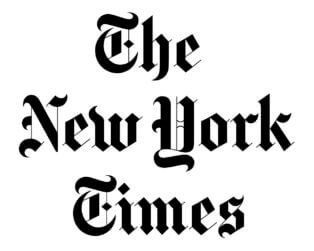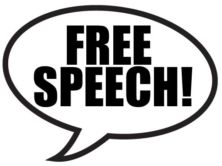
(Credit: NYTimes)
Will libel laws change? Supreme Court Justice Clarence Thomas indicated he wants the high court to review libel law in the U.S. Specifically, Thomas said the famous New York Times v Sullivan ruling should be reviewed because it is “policy-driven decisions masquerading as constitutional law,” he argued.
Thomas said “there appears to be little historical evidence suggesting that the New York Times actual-malice rule flows from the original understanding of the First or Fourteenth Amendment,” the New York Times noted.
A copy of his opinion, which only Thomas signed, is published on the Supreme Court’s website. The opinion concerns an appeal of a ruling concerning Kathrine McKee’s allegation that Bill Cosby defamed her in his response to her rape allegations. Thomas notes that McKee was “unable to make that showing” of actual malice and wrote, “I write to explain why, in an appropriate case, we should reconsider the precedents that require courts to ask it in the first place.”
Thomas continued:
“New York Times and the Court’s decisions extending it were policy-driven decisions masquerading as constitutional law. Instead of simply applying the First Amendment as it was understood by the people who ratified it, the Court fashioned its own “‘federal rule[s]’” by balancing the “competing values at stake in defamation suits.” Gertz, supra, at 334, 348 (quoting New York Times, supra, at 279).
We should not continue to reflexively apply this policy-driven approach to the Constitution. Instead, we should carefully examine the original meaning of the First and Fourteenth Amendments. If the Constitution does not require public figures to satisfy an actual-malice standard in state-law defamation suits, then neither should we.”
Further Thomas argued, “there are sound reasons to question whether either the First or Fourteenth Amendment, as originally understood, encompasses an actual-malice standard for public figures or otherwise displaces vast swaths of state defamation law.”
The New York Times explained, “In Justice Thomas’s view, the First Amendment did nothing to limit the authority of states to protect the reputations of their citizens and leaders as they saw fit. When the First Amendment was ratified, he wrote, many states made it quite easy to sue for libel in civil actions and to prosecute libel as a crime. That was, he wrote, as it should be.”






